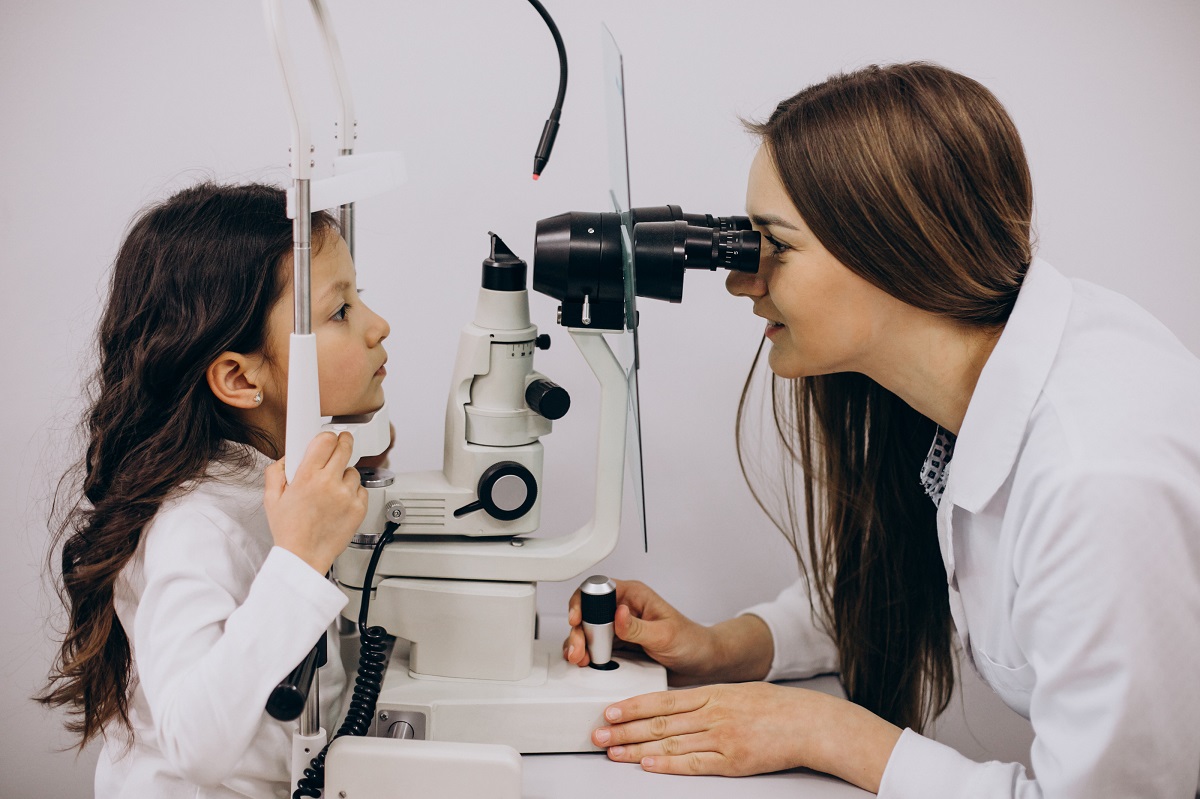How often have you heard the saying, "Eyes are the windows to the soul?" While this statement holds much philosophical depth, from a medical standpoint, eyes are also windows to our health. Particularly for children, regular eye tests are vital in detecting early signs of visual impairments and other health issues. This article provides a comprehensive guide to children eye test, from understanding the importance of pediatric eye examinations to identifying the signs of vision problems early.
Ultimate Guide to Children Eye Test

1. The Importance of Regular Eye Tests for Children:
Children eye test are not just about ensuring they have 20/20 vision. They are crucial to detecting early signs of eye conditions that could impact their visual health and overall wellbeing. Regular eye examinations can identify issues like lazy eye (amblyopia), crossed eyes (strabismus), or color blindness, which if left untreated, can have long-term effects on their development and learning abilities.
2. What Does a Pediatric Eye Examination Involve?
A pediatric eye examination may seem complex, but it's designed to be child-friendly and stress-free. The eye doctor will assess your child's eye health, visual acuity, eye alignment, and responsiveness to light. They will also check for any refractive errors like near-sightedness, farsightedness, and astigmatism. For younger children, the doctor may use games, pictures, and other interactive activities to make the test more engaging and less scary.
3. Signs Your Child May Need an Eye Test:
It's essential to stay vigilant for signs that your child may be struggling with vision problems. These may include squinting, rubbing eyes frequently, complaints of headaches or tired eyes, difficulty reading, or sitting too close to the TV. If you notice any of these signs, it's best to schedule an eye test for your child as soon as possible.
4. How Frequently Should Children Have Their Eyes Tested?
Eye examinations should start as early as infancy and continue throughout childhood. Most eye care professionals recommend that children have their first comprehensive eye examination at six months of age, another test at age three, and again at the start of school. School-age children should have their eyes tested every two years unless they have glasses, in which case annual examinations are recommended.
5. Preparing Your Child for an Eye Test:
Preparing your child for an eye test can reduce any anxiety they might have. Explain the process in simple, reassuring terms and let them know the doctor will ask them to look at and identify objects or images. For older children, explain the importance of eye tests and how it helps them see better.

6. Understanding the Results of an Eye Test:
After the eye test, the doctor will discuss the results with you. If any vision problems are detected, they will explain the condition, propose a treatment plan, and answer any questions you might have. Possible treatments may include glasses, exercises, or even surgery in severe cases.
Conclusion:
Regular eye tests are an integral part of ensuring children's overall health and development. By detecting and addressing vision problems early, we can give our children a clear path to a bright and successful future. So, let's prioritize their visual health and schedule regular eye examinations for them. Understanding the importance of children eye test, recognizing the signs of vision problems, and knowing how to prepare for and interpret the results of an eye test can empower you as a parent to take proactive steps in safeguarding your child's visual health. So, keep an eye on their eyes, because their sight is a significant part of their future.

0 comments :
Post a Comment